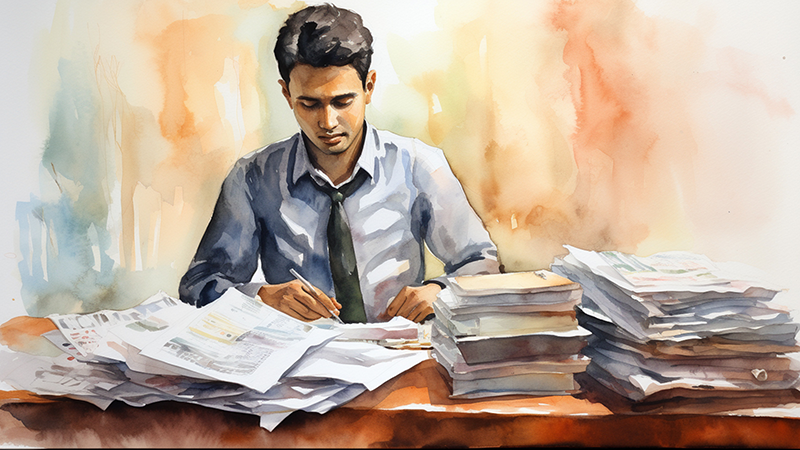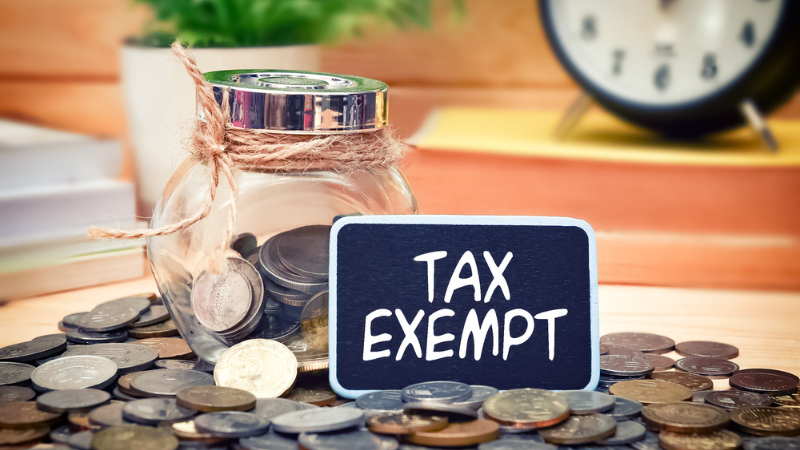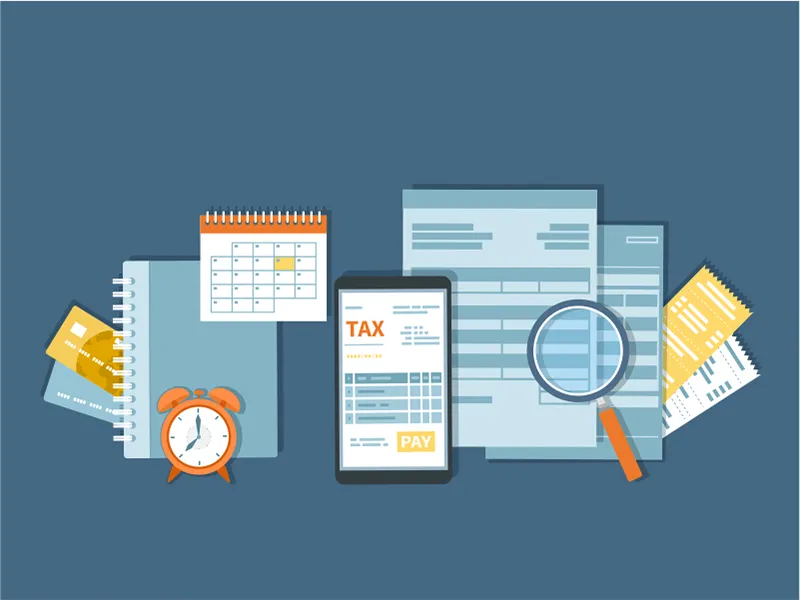
The lack of required medical infrastructure and the increased medical expenses are a reality in India. This has been furthermore pronounced in the current pandemic. The cost of treatment for various illnesses is too high that it creates a huge burden on those who suffer from them or their caregivers.
Understanding this plight and easing the financial stress it creates especially on the differently abled person, the Income Tax Act has introduced section 80DD that provides a deduction for the expenses incurred in the care of such persons.
Given below are the details of section 80DD of the Income Tax Act.
Meaning of deduction under Section 80DD
Section 80 DD is part of deductions allowed Chapter VIA from the gross total income of the taxpayer. As mentioned above, this section was introduced to reduce the burden of expenses incurred for the care of a person with disabilities or a differently abled person. The section can be used to claim a deduction with respect to any of the following expenses,
- Expenses on medical treatment, training, nursing, and rehabilitation of a disabled person
- Paying or depositing any amount in the scheme (approved by CBDT) by any of the approved insurers like LIC, UTI or any other approved insurance company that provides a cover focusing on the care of a disabled dependent.
Eligibility criteria for deduction under Section 80DD
The Act has set certain basic eligibility criteria for the taxpayers to be eligible for a deduction under this section. These eligibility criteria are explained below.
- The deduction under this section can be claimed by either an individual taxpayer or HUF.
- Non-resident Indians are not eligible for a deduction under this section
- Furthermore, if the taxpayer is availing a tax deduction under Section 80U of the Act, then deduction under section 80DD cannot be granted. Section 80U can be used to claim tax deduction up to Rs. 75,000 for disability and Rs. 1,25,000 for severe disability for self, i.e., when the taxpayer is the person suffering from such disability.
- Deduction under this section can be claimed towards eligible expenses for any of the following dependents
- Spouse
- Children
- Parents
- Siblings
- Member of HUF
- Deduction available under section 80DD
Amount of deductions allowed under Section 80DD
The Act has specified the amount of deduction that can be claimed by the eligible taxpayers under this section. Following are the details of the same.
Deduction for a person with a disability
A dependent person with a disability is any person having at least 40% of any of the specified disabilities mentioned in the Act. The taxpayer taking care of such a person is eligible to claim a deduction of up to Rs. 75,000 under this section of the Act.
Deduction for a person with a severe disability
A dependent person with a severe disability is any person having at least 80% of any of the specific disabilities mentioned in the Act. A taxpayer taking care of such a person can claim a deduction of up to Rs. 1,25,000 under this section of the Act.
Eligible disabilities and illness covered under 80DD
Along with specifying the amount of deduction that can be claimed under this section, the Income Tax Act also specifies the list of disabilities that are eligible for deduction under this section. This list is mentioned below.
- Mental illness
- Autism
- Mental retardation
- Hearing impairment
- Low vision
- Cerebral palsy
- Loco-motor disability
- Leprosy-cured
- Blindness
Difference between Section 80DD, Section 80U & Section 80DDB
There are sections under the Act that provide for deduction towards medical expenses incurred for any diseases or disabilities. Given below is a broad distinction between three major sections under this category.
| Particulars | Deduction under section 80DD | Deduction under section 80U | Deduction under section 80DDB |
| Eligible assessee (who can claim deduction under each section?) | A taxpayer incurring expenses towards care of a dependent person with a disability or severe disability | A taxpayer having a disability or severe disability incurring expenses for the care of self | A taxpayer incurring expenses towards medical insurance and expenses for treatment of self or dependents having specified diseases |
| What is the amount of deduction that can be claimed under each section? | Rs. 75,000 (for a dependent with a disability) Rs. 1,25,000 (for a dependent with severe disability) | Rs. 75,000 (for a person with a disability) Rs. 1,25,000 (for a person with severe disability) | Lower of, Amount actually paid. 40,000 for a person below the age of 60 years, Rs. 1,00,000 for a person above the age of 60 years |
Documents required for claiming deduction under section 80DD
Section 80DD has specified the documents required for claiming a deduction under this section. The taxpayers have to submit a medical certificate that certifies the details like the nature of the disability and its extent as well as the relationship between the caregiver and the dependent. Such a certificate has to be certified by a competent medical authority.
The medical authority, for this purpose, can be any of the following persons,
- A Civil Surgeon or Chief Medical Officer of a government hospital
- A neurology expert with an MD in neurology
- Pediatric Neurologist with an equivalent degree
The documents that are required to be submitted are mentioned below.,
- A medical certificate specifying the nature of the disability and other required details, signed by a competent authority as mentioned above
- A duly filled form 10-IA (signed by any of the medical authorities mentioned above) in case of dependent suffering from autism, cerebral palsy, or multiple disabilities.
- A self-declaration by the taxpayer mentioning the details of medical expenses incurred for care of the disabled dependent.
- Receipts of the premium paid for the medical insurance for the disabled dependent.
FAQs on Deduction under section 80DD
Section 80DD provides a deduction based on percentage of disability and not based on percentage of the expenses incurred. This means even if the actual expenses incurred for a dependent with disability is lower than Rs.75,000, taxpayers are eligible to claim the deduction up to Rs 75,000. This is subject to submitting the required documents for eligibility.
Yes. In some cases, the doctors may refer for a reassessment of the medical condition of the dependent or the certificate may be valid only for a fixed period of time. In such a case, the claim of deduction may not be sanctioned or approved. Hence, it is necessary to keep the medical certificate valid, updated, and reassessed by the competent medical authority before claiming a deduction under this section.
3. Is claim of deduction under section 80DD and section 80U mutually exclusive?
Yes. A person is allowed to claim deduction under section 80DD only if the person suffering from disability has not claimed a deduction under section 80U.


























